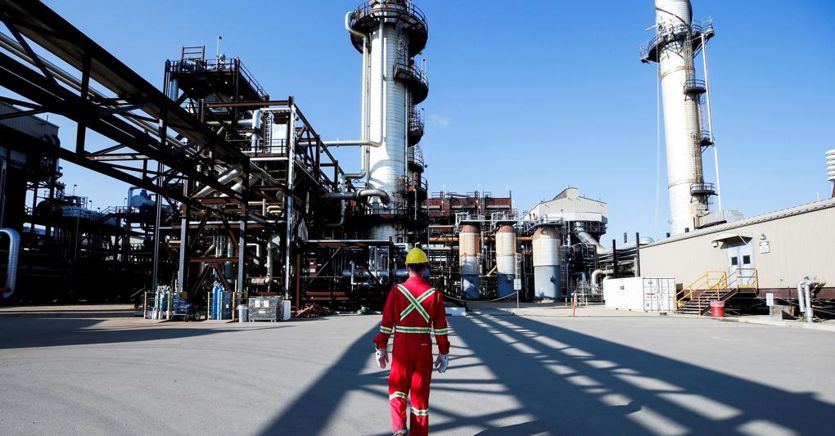They could be used right away. If there were. But the road to the use of e-fuels is not only long, it’s also an uphill one. First of all due to the lack of hydrogen, which is a fundamental element, and then due to the need to build renewable energy plants.
In both cases, Germany has already moved forward: at the beginning of the year it signed an agreement with Norway for the large-scale supply of hydrogen and a feasibility plan has already been commissioned which should be ready in spring.
The agreement provides for strengthening cooperation between the two countries in various sectors, including renewable sources (offshore wind), CO2 capture and storage with CCS (Carbon capture and storage) technologies, supplies of raw materials for batteries, fuel alternatives for ships. What we talk about these days. It’s Italy? At the end of November 2020, our country published the “Preliminary guidelines for a national strategy on hydrogen”, understood above all as green hydrogen produced from electric renewable sources, without completely excluding the blue option but a strategic document is still awaited more advanced.
Green hydrogen
The report edited by Rie (Industrial and Energy Research) and Unem (Union of Energies for Mobility) published a couple of months ago talks about it at length: «Among the objectives outlined for 2030 – reads the report – is that of obtaining a penetration of ‘green hydrogen of 2% of the final energy demand, through 5 Gw of electrolysers and 10 billion euros of investments (net of those of the RES to feed the electrolysers, essential for the production of e-fuels ndr). In the longer term, ie towards 2050, the document considers that hydrogen can cover up to 20% of the final energy demand, but we are more in the field of hopes than planning». And it is by no means certain that we will arrive at having (and not only in Italy) the raw material necessary to produce the quantity of e-fuels necessary to respond to market needs.
Even more complex is the question concerning the production of e-fuels which is still in an experimental phase today: “The transition from the current pilot-demonstration phase to plants capable of activating production on a commercial scale realistically takes more than a decade – we read again in the Rie-Unem relationship – as connected to the implementation of huge investments aimed at building a new value chain (electrolysers, carbon dioxide capture, storage and use systems, conversion plants). We also need a very strong increase in the electricity generation capacity from renewable sources, in consideration of the intrinsic conversion inefficiency that characterizes this kind of production”.
